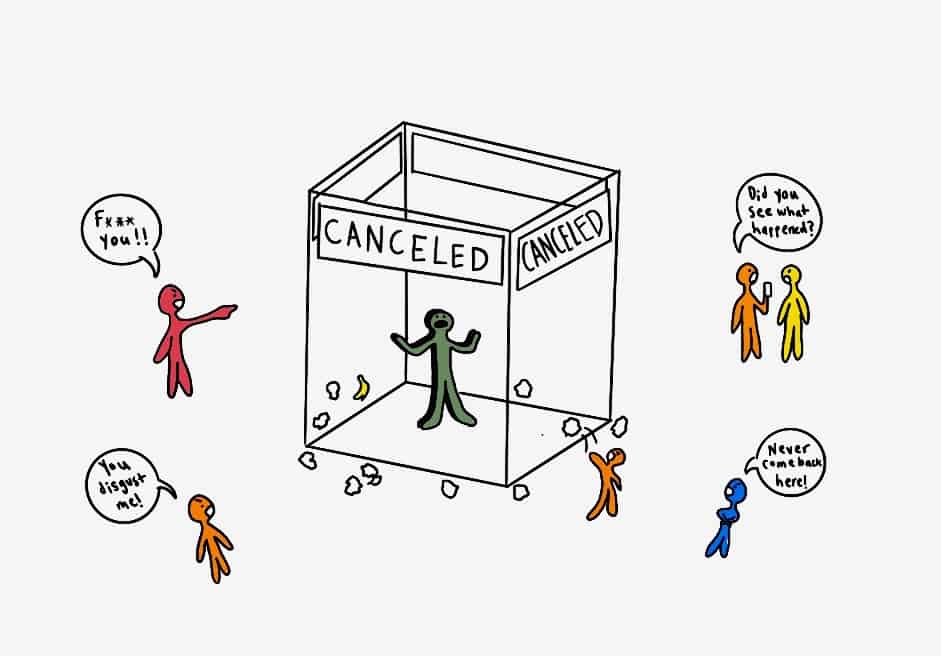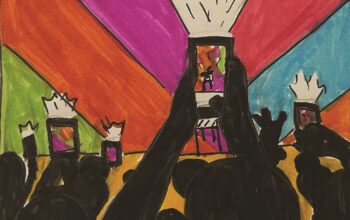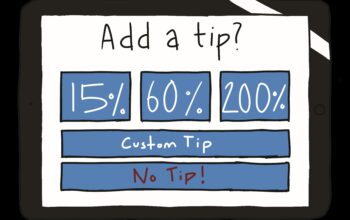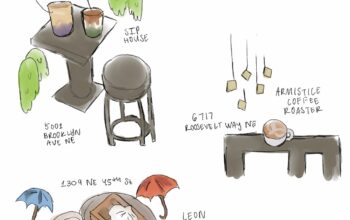
Content Warning: This article discusses forms of trauma including sexual assault and harrasment.
This past year, “cancel culture” has been a term buzzing around everyone’s ears and across social media feeds. Students at Roosevelt High School, as well as the surrounding schools have seen some of their peers “canceled” for the use of derogatory slurs, allegations of sexual assault and harassment, and other unacceptable behavior.
Although cancel culture can be a tool of empowerment, when it becomes the most prominent form of activism students participate in, canceling can be unproductive, problematic, and toxic.
To understand the concept of “canceling” today, we have to dive into the history of the act of consciously and collectively refusing, also known as boycotting. Merriam-Webster dictionary defines boycotting as engaging “in a concerted refusal to have dealings with (a person, a store, an organization, etc.), usually to express disapproval.”
While boycotting has occurred throughout much of history, in the U.S., the power of boycotting was most notably seen throughout the Civil Rights movement of the 1950s and 60s. Famously, the 13-month Montgomery Bus Boycott resulted in the Supreme Court banning segregation on public buses. These boycotts were effective in changing many Jim Crow laws and were used as a form of protest for Black Americans who were kept out of other forms of political and social participation like voting.
While the phrase cancel culture has changed over time, the original phrase came from a sexist joke in the 1991 movie, “New Jack City,” followed by Lil Wayne using it in a lyric in 2010. The phrase canceling then took traction after it was used in an episode of “Love & Hip Hop: New York” in 2014. Following that episode, mostly Black Twitter users started using the term in light-hearted jokes, but also to call out celebrities for inappropriate behavior, such as the use of racist and homophobic language.
Today, cancel culture has evolved to being applied to people in addition to institutions. When someone is canceled, in some ways, they are being boycotted. Beyond being socially shunned, they may be financially boycotted as well. For example, when celebrities are canceled, people avoid purchasing their products and supporting their platforms. This boycott may also extend to associated people and companies.
Cancel culture is a powerful concept. People who don’t have power politically, professionally, or socially can still hold others accountable and create change. Anne Charity Hudley, the chair of linguistics of African America for the University of California Santa Barbara, says that “If you don’t have the ability to stop something through political means, what you can do is refuse to participate.”
Charity Hudley emphasizes the importance of this, saying, “Canceling is a way to acknowledge that you don’t have to have the power to change structural inequality, you don’t even have to have the power to change all of public sentiment. But as an individual, you can still have power beyond measure.”
Over the last year, students at Roosevelt and across the district have come forward detailing their own experiences with trauma, hate, aggression, and harassment in the community. The stories were painful to read and established a blatant and immediate need for change.
In some cases, the Roosevelt student response to these incidents has mirrored cancel culture in our larger society, but instead of celebrities being canceled, our peers were.
As a result of the ongoing pandemic, much of the awareness of these stories has been spread through social media, allowing mass and rapid communication among the student body. After a student is canceled, their Instagram account may be flooded with hate comments, rapid losses of followers, calls of expulsion, and it may end in social isolation.
Additionally, sometimes when anger toward an individual is especially strong, doxxing occurs, defined as the act of publicly revealing previously private personal information. For example, home addresses are sometimes revealed and shared over social media without permission.
Over the summer when students were first sharing their stories, there was a sense of hope to see some real change in the school and in the student body. Unfortunately, almost a year has passed and the same patterns repeating. This goes to show that changing an institution and its culture is not an easy feat because these systems of injustice and oppression are woven into the very foundations of our culture, society, and laws. Yet it must be done; These incidents take a toll on the Roosevelt students who experience them, and their voices and requests must be prioritized.
Knowing this, the difficult question becomes: What does it take for an institution’s culture to change? Sometimes, placing the blame on people who act in offensive ways can feel like activism, but to truly create social change we must dig deeper. These issues have been embedded in our systems and culture for a long time and will not be dismantled by focusing on individuals.
Canceling our peers who openly participate in offensive behaviors might address a problem temporarily and release some anger, but it’s a band-aid solution to an institutional problem.
A celebrity who is canceled loses a platform and a position of power that they could potentially misuse. Any products they have can be boycotted, just like stores and corporations. Boycotting these things can act as leverage for enacting social change. However, students who are canceled don’t have significant power in comparison to large systems, and therefore canceling them rarely impacts institutions. This begs the question, what real social change comes from canceling our peers?
It is easy to cancel someone, especially when the person doing the canceling has privilege. For instance, a white student using cancel culture as their only form of activism without reflecting on their own privilege is an example of a white student perpetuating the very culture they’re canceling.
Cancel culture has been used by Black people and other oppressed groups people to obtain power that is withheld from them and to elevate their voices to create change. It can be a powerful tool, but when used wrong it becomes toxic and unproductive.
If someone is in a position of privilege where they can fight social injustice by implementing structural change, then their efforts should be diverted there instead of focusing solely on cancel culture. For example, there are multiple clubs at Roosevelt working hard to change our school environment into a more inclusive and safe community for everyone, such as the F-Word club, Roosevelt Consent Culture Team, or the Mentorship Program.
The most important thing is to support those who speak out about their experiences. But this can be done in a way that allows our community to grow and ensures that the primary focus of our action is on the bigger picture.
The cycle of canceling peers without substantial institutional or cultural change at Roosevelt means that students will continue to suffer from the same experiences as those who have spoken out this year. As a community, we must listen to their stories and make long-term changes to prevent this from happening.
The student body has immense power right at their fingertips and a choice in how to use it; Choose to use that power in support of productive measures that drive Roosevelt forwards. Real social progress will only be achieved when Roosevelt as a collective community does this and minimizes efforts towards cancel culture, which, while well-intentioned, can become unproductive and toxic.



